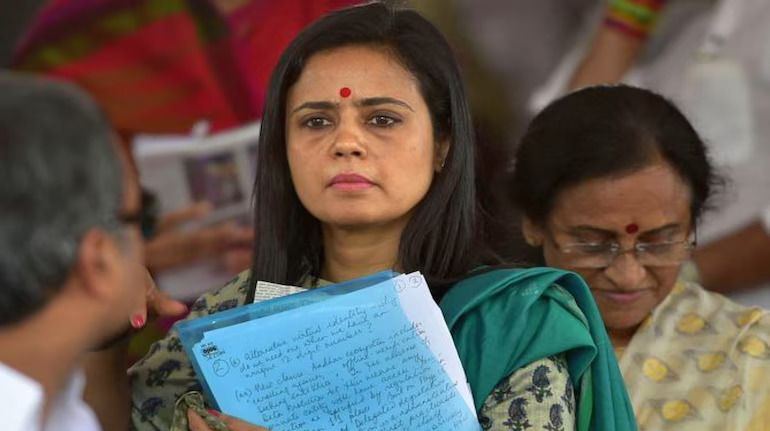In a recent development that has sparked debates on freedom of expression and the limits of political discourse, Indian politician Mahua Moitra has been booked under a new criminal law for allegedly making derogatory remarks about the Chairperson of the National Commission for Women (NCW). This incident highlights the intersection of politics, social media, and the evolving legal landscape surrounding online speech.
The Controversial Post: What Happened?
Mahua Moitra, known for her outspoken stance on various political issues, allegedly posted remarks on social media that were deemed derogatory towards the NCW Chief. The post, which reportedly criticized the NCW Chief’s actions or statements, quickly drew attention and controversy, leading to legal action under newly enacted criminal provisions.
Legal Framework: Understanding the New Criminal Law
The case against Mahua Moitra underscores the implications of India’s evolving legal framework concerning online speech and defamation:
- Legal Basis: The charges against Moitra are based on provisions of a new criminal law that addresses offenses related to online communication, including defamation and derogatory statements against public figures.
- Freedom of Expression: While freedom of expression is a fundamental right, it is not absolute and may be subject to reasonable restrictions, including those aimed at protecting reputation and preventing defamation.
Political Fallout and Public Reaction
The incident has sparked polarizing reactions from various quarters:
- Political Divides: Supporters argue that political figures should be able to express criticism freely without fear of legal repercussions, citing the importance of robust public discourse in democracy.
- Legal Scrutiny: Critics, however, raise concerns about the misuse of laws to stifle dissent or criticism, highlighting the need for clear boundaries between freedom of expression and unlawful speech.
Implications for Online Discourse
In an era where social media platforms serve as battlegrounds for political rhetoric and public opinion, cases like Moitra’s raise important questions:
- Responsibility and Accountability: How can public figures balance the right to free speech with the responsibility to maintain decorum and respect in online communications?
- Legal Clarity: What measures are necessary to ensure that laws governing online speech are fair, effective, and aligned with constitutional principles?
Moving Forward: Challenges and Considerations
As the legal proceedings unfold, several key considerations emerge:
- Judicial Review: The judiciary’s role in interpreting and applying laws related to online speech will be crucial in shaping the future of digital communication.
- Public Discourse: Encouraging informed and respectful dialogue while safeguarding individual rights and freedoms remains a delicate balance in the digital age.
Sponsored
FACTS Transcripts
Apply for a University document anywhere
https://www.factstranscript.com
Quick Transcripts for popular Universities, check your University name now and get started. We help you to get your transcript application online which is accepted for use of IRCC.
No DD, NO Paperwork. 100% Authentic, Reliable.
FACTS Transcripts Charges · Reviews · Assam Universities · Home · Know your University










